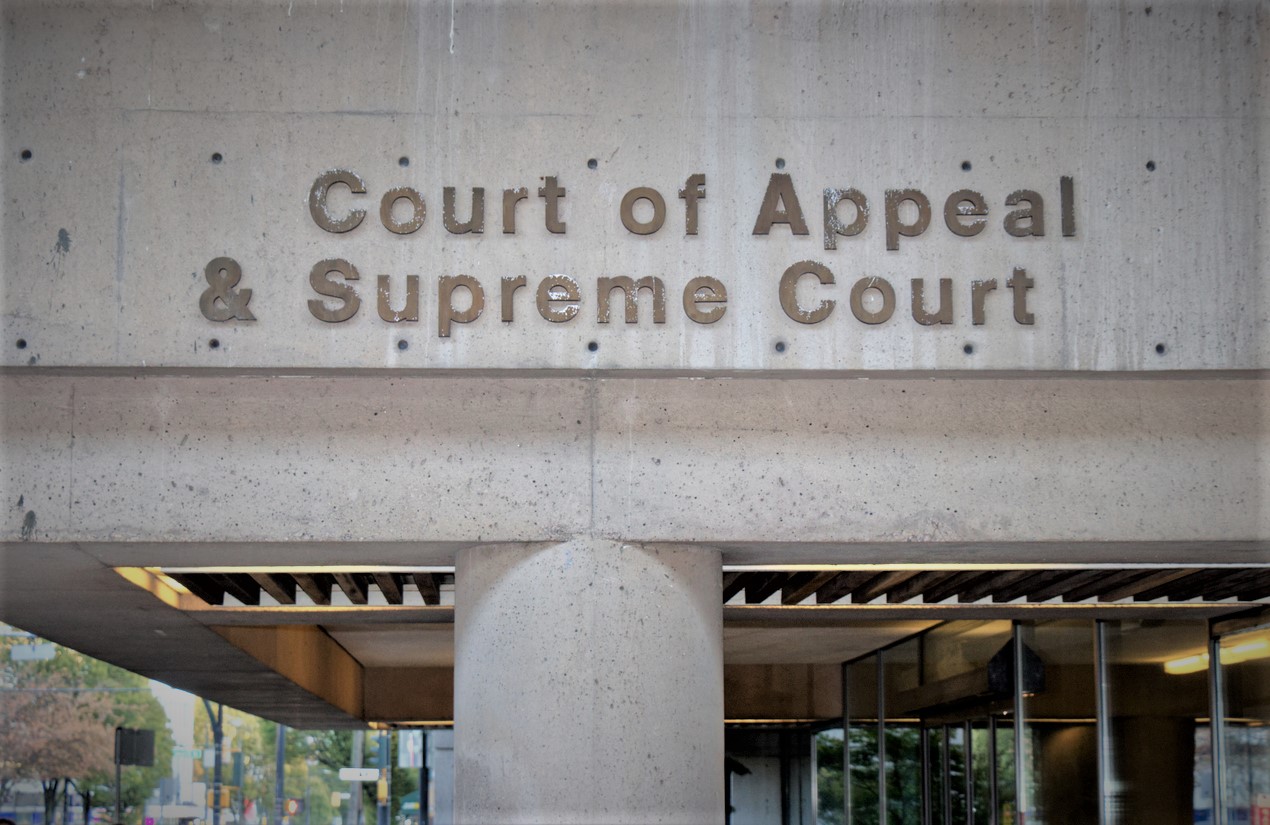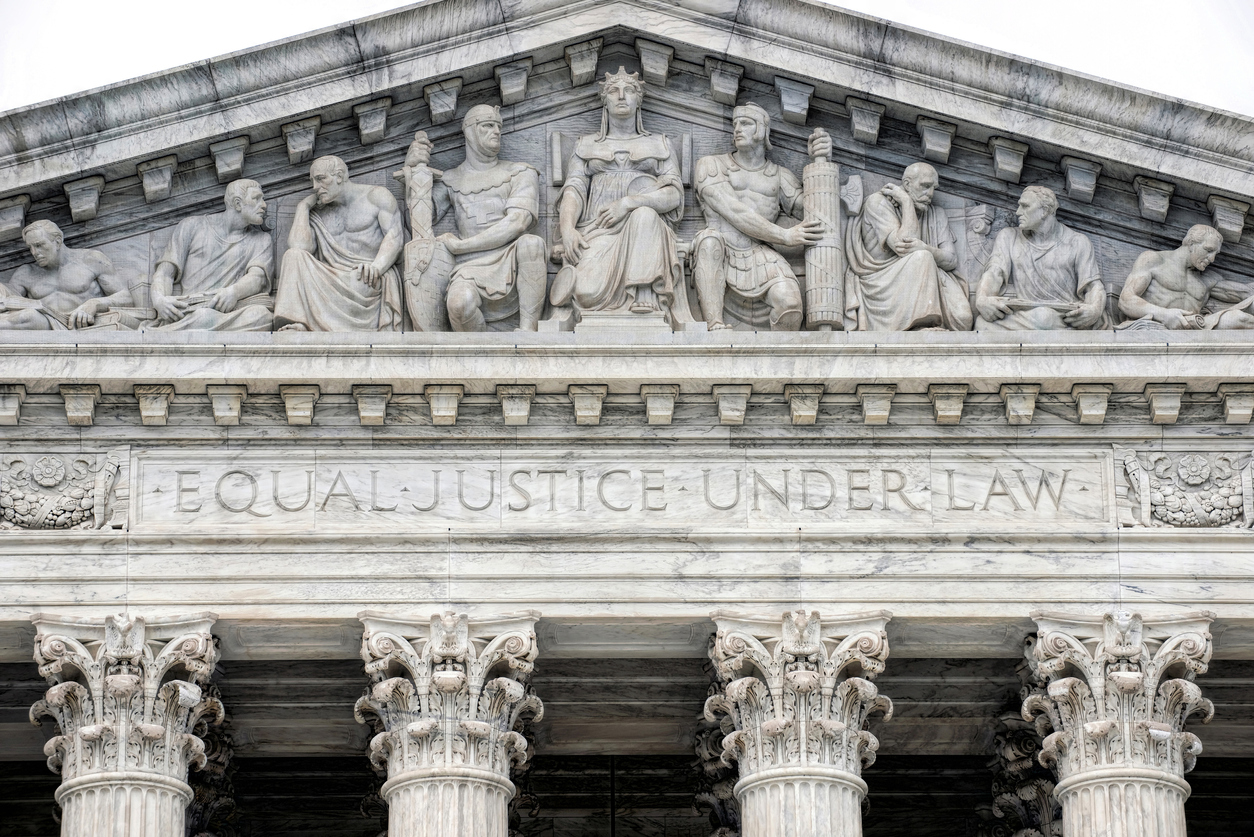Tag: Legal Rights
Do Police Have To Tell You If You’re Under Arrest Or Free To Go?
When you interact with police, several different legal rights apply. Some of the rights depend on whether you are under arrest.
READ MOREDoes “Giving Yourself Up” Or “Turning Yourself In” Really Help?
If you have an arrest warrant, police may ask you to come in voluntarily. Does “giving yourself up” or “turning yourself in” really help?
READ MOREShould You Talk To Police If They Say It Will Help?
It’s a straightforward but complicated question: Should you talk to the police if they say it will help? Almost always, the answer is no.
READ MOREWhat Comes After an Appeal in a Criminal Case?
If you’ve lost on appeal in a criminal case, it might feel like you are out of options. But you’re not. What comes after an appeal?
READ MOREWhat Are Your Rights During a Preliminary Hearing in a Criminal Case?
A preliminary hearing is similar to a regular criminal trial. The prosecutor presents evidence to a judge. Your attorney can cross-examine that evidence. Both sides can call witnesses. But there are some key differences.
READ MOREWhat Are Your Rights to Use the Legal Library in Prison?
In the United States, many prisons have a legal library. In most cases, you can use the books and other information in this library to help you with any legal matters you may have. But your rights to use the legal library in prison can be a little complicated.
READ MOREWhat Rights Do You Have During an Arrest?
During and after an arrest, you do have rights. These rights are mostly protected by the Fourth, Fifth and Sixth Amendments.
READ MOREWhat Constitutional Rights Exist During Sentencing?
Your constitutional rights still exist during sentencing. Knowing those rights is important at this late stage in your case.
READ MOREI’ve Been In Your Shoes: Getting Home Safe and Knowing Your Rights
Knowing your rights doesn’t always mean that they will be honored.
READ MOREWhat Are Miranda Rights and What Happens When You Invoke Them?
“Miranda rights” are your right to be informed of your Fifth Amendment rights. Under the Fifth Amendment, you have the right to not incriminate yourself. This is also known as the right to remain silent. You also have the right to have an attorney represent you.
READ MORE








